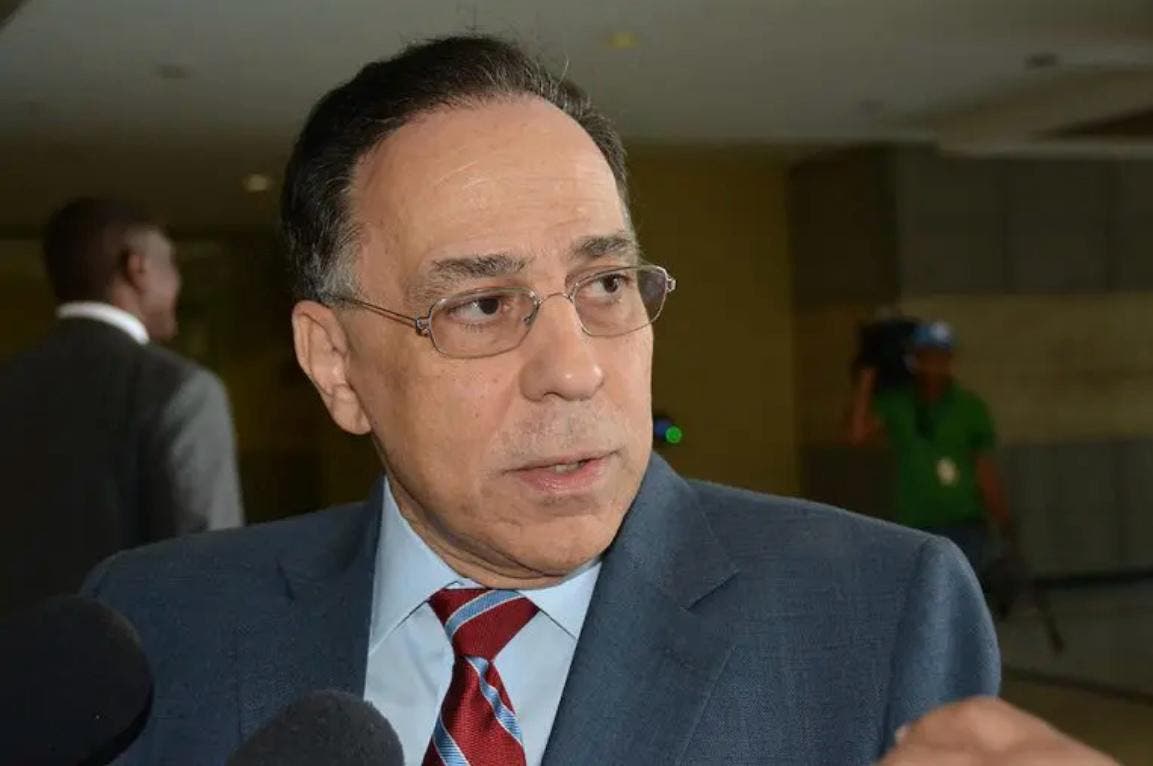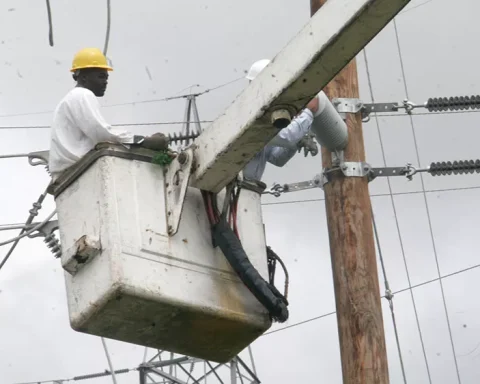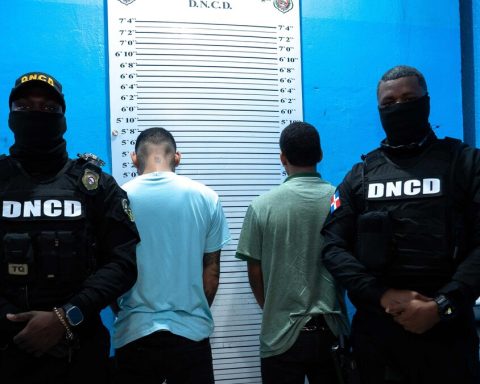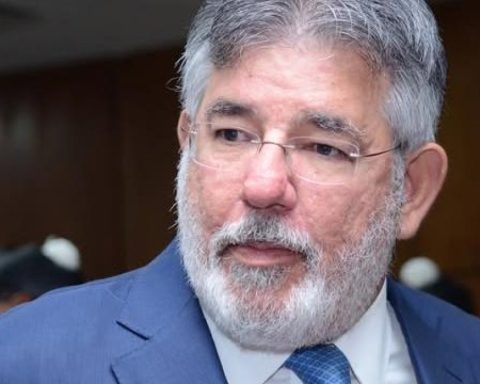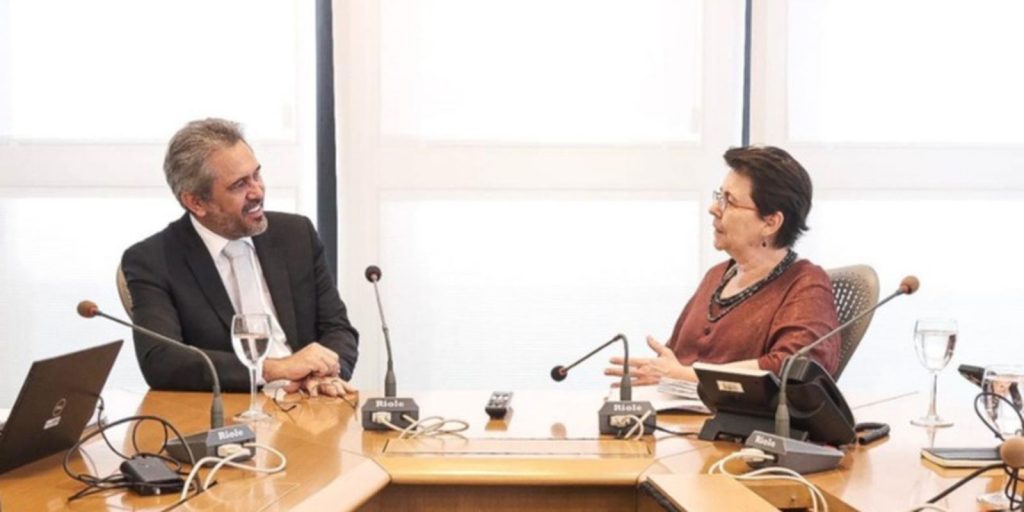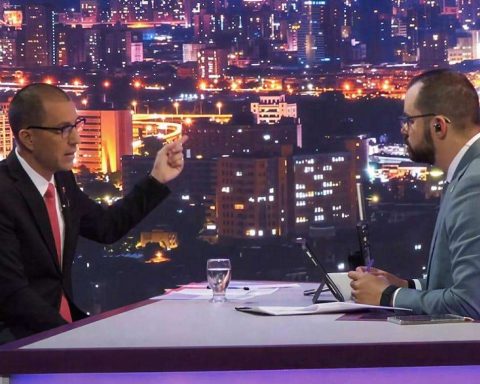The president of the Unified Council of Electricity Distribution Companies (EDE), Celso Marranzini, revealed this Wednesday that he requested the president Luis Abinader the issuance of a decree requiring all public sector employees to submit their energy bills within a certain period.
During his participation as a keynote speaker at the monthly luncheon of the American Chamber of Commerce of the Dominican Republic (AMCHAMDR), Marranzini presented a comprehensive plan for the modernization and efficiency of the electric distribution sector, composed of Edesur, Edenorte and Edeeste.
“And how can we miss this excellent opportunity to ask AMCHAMDR, CONEP and all their affiliated associations to do the same?” he added regarding the presentation of the energy bill.
The plan, designed with the support of the Electric Cabinet and the backing of President Luis Abinader, will focus on the reorganization of distribution companies, with the aim of reducing technical and commercial losses, modernizing infrastructure, and ensuring transparent and efficient management.
The recovery program foresees a substantial investment, with more than 650 million dollars secured in financing from multilateral organizations, destined for the modernization of networks and the expansion of telemetering infrastructure. In addition, a significant reduction in the EDE deficit is projected for 2027, which will allow an improvement in the quality of service and greater proximity to customers.
He stressed that, despite the historical challenges of the sector, it is possible to achieve a significant transformation through the implementation of new technologies, the rehabilitation of networks, and the massive installation of prepaid meters. The plan also contemplates a frontal war against electricity fraud, with the aim of restoring confidence in the system and reducing the financial deficit.
“We will make a significant effort to bring EDEs closer to customers, not only by improving the quality of service, but also by facilitating access and convenience through facilities such as multi-service ATMs,” Marranzini outlined in the context of the recovery strategy of the distribution companies.
Other pillars of the recovery plan include the recovery of the role of the Office of the Attorney General of the Electric System (PEGASE) to combat electricity fraud, ensuring that those responsible face the corresponding legal consequences, as well as the creation of a transitional law that prevents EDEs from being seized, protecting them from actions by “structured mafias” that seek to undermine the work we are doing. This law will be essential to ensure the continuity of our reforms without external interference.
In his speech, Marranzini highlighted the Government’s achievements in the electrical sector, such as the elimination of the former Dominican Corporation of State Electric Companies (CDEEE), in compliance with the General Electricity Law of 2001. This measure has allowed the consolidation of the electrical sector and the establishment of the Unified Council, which now focuses on the effective coordination and planning of the Electricity Distribution Companies (EDE). This effort has been crucial to avoid delays and cost overruns that have hindered the development of the sector in the past.
He also highlighted that transparency has been a fundamental pillar in the current administration, especially with the elimination of the practice of “uncuttable institutions,” which has led to greater discipline in the payment of energy bills by government entities. This progress, together with the significant increase in the installed capacity of renewable energy, which went from 11.3% in 2019 to 22% in 2024, positions the Dominican Republic as a regional leader in the transition towards cleaner and more sustainable energy sources. “With an installed capacity of 1,504 megawatts of renewable energy, including solar, wind and biomass projects, the country continues to move towards a safer and more reliable energy future,” he said.
Marranzini closed his speech with a call for unity and commitment from all sectors of society to achieve a Dominican Republic with an electrical distribution system that is a source of national pride.
For his part, Edwin De los Santos, President of the Board of Directors of AMCHAMDR, referring to the electrical theft said: “From AmchamDR, we reiterate our support for the application of the law, without distinctions or privileges, for the regulatory streamlining that allows the introduction of new technologies and adjustments for the operational flexibility that a system in transition demands, while we invite to the proper sectoral planning that allows the prioritization of investments in all its subsectors. Above all, we advocate for planning and awareness regarding energy efficiency and conservation policies, as mechanisms to rationalize capital investments in the electricity subsector, which contribute to the reduction of the deficit of the electricity sector and to accelerate the sustainability goals.”
This Lunch was made possible thanks to the support of the member companies of the AMCHAMDR Elite Circle: AES Dominicana, Barrick Pueblo Viejo, Dominican National Brewery, Citi, DP World, HIT Puerto Río Haina, Grupo Humano, Inicia, Grupo Martí, Altice Dominicana, Grupo Rica, Grupo SID, Grupo Punta Cana, Grupo Estrella, Grupo Viamar and Squire Patton Boggs.
